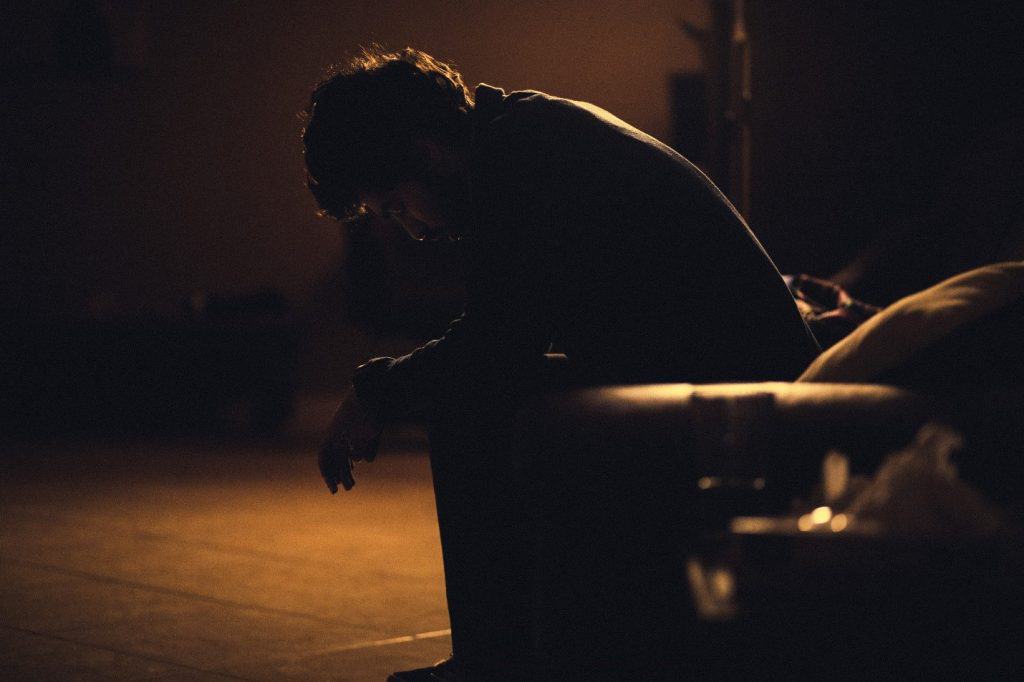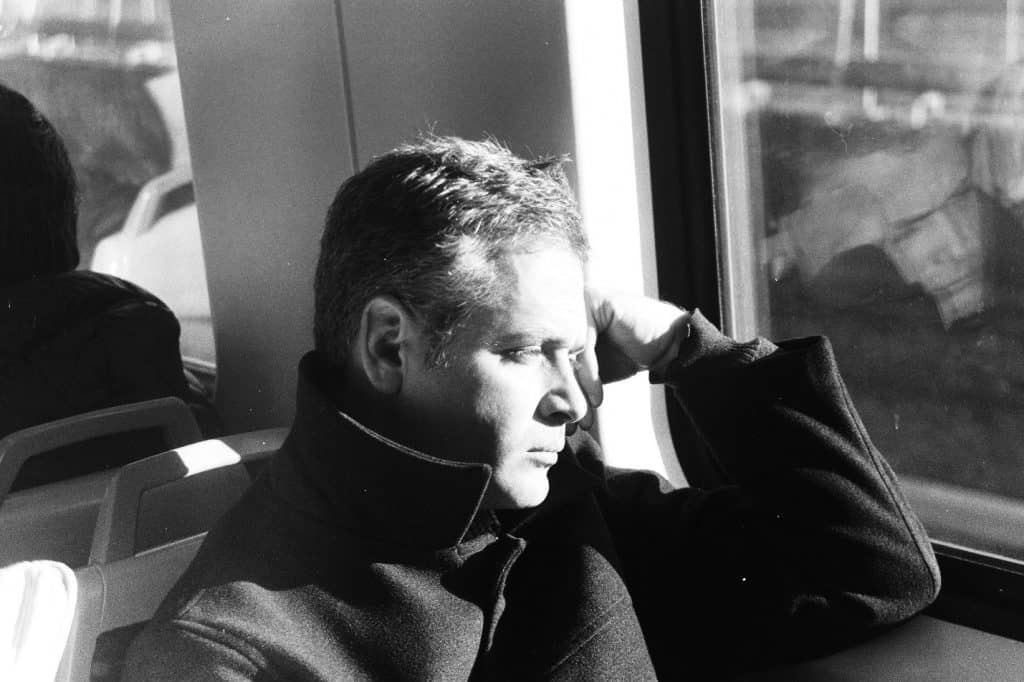Parents have a lot to deal with, and none of them expects their children to break their hearts – especially when they have already grown up. While it is unfortunate, it does happen to many people. Being a parent, you must still want to make amends and take the necessary steps towards healing.
Accepting your feelings goes a long way toward healing a broken heart before you can have a heartfelt conversation with your child. After the conversation, you should take time to reflect and make the necessary changes in your relationship. Lastly, seeking help should always be a welcome option.
This article will detail the several steps necessary for healing when your grown child breaks your heart.
When Your Grown Child Breaks Your Heart
Broken-Hearted Parents

Parents can expect certain moments in their children’s lives that can move them to tears. For example, the first time parents take their kids to college can often be an emotional milestone. It is also not uncommon for fathers to be tearful when walking their daughters down the aisle.
There are these moments that epitomize the vulnerability of being a parent. It is said that parenthood can often feel like having your heart ripped out of your chest and given two legs to walk around.
However, those moments are still thought to be positive despite the tears. Unfortunately, there may be instances when a parent’s heart is broken through the actions or words of a child. A parent may still be understanding if the child is young, but it can be more hurtful when it is a grown child.
How Grown Children Can Break Your Heart

Everyone’s story is different from one another. There are different reasons why a parent’s heart gets broken.
For some, their children can break their hearts when they find their children astray from the path originally set for them. Most, if not all, parents want nothing but the best for their children. Thus, it can be heartbreaking to see their children engaging in self-destructive behaviors, partying all the time, and wasting their potential one way or another.
Vices are typically a common reason for parents to be disappointed in their children. These vices can include smoking or drinking, but they can also be something significantly more serious such as doing drugs.
It can be difficult for parents to see their grown children partake in such activities because parents will always see their children as young kids, despite them already being adults capable of making their own decisions.
Going further to the extremes, seeing their children live immorally is also disheartening. Parents want to believe that they have raised their children to be good and kind people. Thus, it can be very hurtful for parents to see their children doing crimes, fighting with other people, or being abusive.
Aside from actions, words can also cut deep. When your kid is young, you can easily forgive them for saying the wrong thing. However, wrong things being said can definitely hurt more coming from a grown child.
Steps to Heal When Your Grown Child Breaks Your Heart
A broken heart can be inevitable at times, but it does not always have to stay that way. There are certain steps you can take to slowly mend the wounds and be whole again.
1. Accept Your Feelings

When your grown child breaks your heart, you will surely be feeling a myriad of feelings. Oftentimes, those feelings can be overwhelming, prompting the parent to disregard them and ruminate in sorrow. However, the first step towards healing is actually accepting and acknowledging your feelings.
There are a variety of feelings a parent can feel when their grown child breaks their heart. Depending on what the grown child did or said, the parent can feel sorrow or failure. It is important to remember that many parents believe their children are the way they are as a result of their parents.
A broken heart can also lead parents to feel helpless. Once upon a time, they had so much control over their little child. Now that they have grown up, it can feel like their children are slipping right through their fingers.
Guilt is another common feeling for a broken-hearted parent to feel. They would often resort to second-guessing themselves and feel guilty about how they raised their children. On the opposite side of the spectrum, parents can also feel anger.
Aside from the ones mentioned, other feelings a broken-hearted parent can feel would include fear, confusion, denial, and so on. When all those feelings are present altogether, it can be too much for any person.
It may take some time and introspective reflection, but your feelings are valid. Accepting and acknowledging your feelings will move you towards determining how to proceed.
2. Have a Heartfelt Conversation

Once you have taken the time to accept and understand your feelings, the next step would be to have a heartfelt conversation with your child. This can be a difficult step for many, depending on the situation between them and their grown children.
If you are able to reach out and invite your child to a talk, then you should take the necessary steps to do so.
Having your heart broken by your grown child needs your child to be there for it to heal. Having a heartfelt and intimate conversation is one of the best ways to do it.
A conversation between you two is essential. Whatever happened that broke your heart can possibly be a one-sided situation. Every story has more than one side to it and having a real conversation with your grown child can help you understand one another.
For example, let’s say the problem is that your heart got broken seeing your grown child become an alcoholic. Understandably, seeing your child this way could break any parent’s heart. However, a real conversation will also enlighten you and help you understand why this is happening.
Instead of feeling that you’ve failed to parent your child, your child might confide in you that they have been going through a tough time in their life and that alcoholism was their way to escape.
Now that you’ve understood one another better, then further steps can be taken to fully amend and help bring one another back up.
When having your heartfelt conversation, it is important to remember that the conversation must be two-sided, to allow both parties to speak. It should also be a safe space free of judgment to give you both the necessary environment to be vulnerable with each other.
3. Reflect

Having a heartfelt conversation with your grown child is a necessary step towards healing, but that is not the end of the line. While it is an essential step, a few more steps are required for broken hearts to be mended.
Reflection is one of the most important aspects of change. Reflection is the time taken to thoroughly look into oneself and learn about themselves. There are a variety of things that a broken-hearted parent should reflect on.
Firstly, it is important to understand that conflict is often two-sided. While not always the case, there has to be a particular reason why your heart was broken by your grown child. Reflection might enlighten why this came to be.
For example, did the conflict stem from your parenting approach? Take a step back and recount the events leading to the conflict. Did your involvement or actions have any bearing on the outcome that led to the conflict?
A common parenting approach that can lead to such unfortunate events is strictness. Children who have been raised in strict households often find other avenues to explore their freedom outside of the home. While they are still your children, they can feel too controlled, especially when they are already grown up.
Showing too little affection and care to children as they grow up is another common symptom that can lead to a parent’s broken heart. Children might grow up reciprocating the lack of affection to their parents, directly because of their own experience during upbringing.
Even if your child is already grown up, you are still their parent. Therefore, it is never too late to reflect and evaluate whether your parenting approach is conducive to the kind of relationship you want with your child.
As mentioned above, conflict is typically a two-way street. While you cannot control how your grown child acts, you can control how you do.
4. Make the Necessary Changes

Reflection is good and all, but you would need to take action and make the necessary changes to solidify what you have reflected into the real world. After sufficient reflection, there are things that must change to avoid something like this to happen again in the future.
Perhaps the first thing you can consider doing is to forgive your child. When your grown child breaks your heart, it can feel like something that cannot be taken back. However, you must remember that at the end of the day, they are still your child – the one that you have promised to love and care for no matter what.
However, that is often easier said than done, depending on the severity of the issue. The popular adage is to “forgive and forget.” You can very well choose to not forget, but forgiving your child is an important part of moving on.
Another course of action that must be taken is to accept that your relationship with your grown child has changed. While you may hope for things to go back to normal, you must accept the possibility that it will not.
Parents are often stuck thinking about their children as the young kids they used to be. However, you must accept that your child has grown up. You can still love them as much as you have in the past, but you must accept that they are now adults.
Another common change parents do when their children grow up is that they begin to loosen the reigns over their kids. Being grown adults, your children do not need your permission anymore to do the things they want to do. You have to let them make their own decisions for themselves.
5. Seek Help

Healing a broken heart is never easy, and you are not expected to do it all by yourself. One of the best ways to move towards healing is by seeking help. Usually, the most effective support group would be your own friends and family.
Friends and family are usually effective as these are people who you already know and are comfortable with. They know you, who you are, and what you need as a person. Thus, it will be highly beneficial to lean on them for support when needed.
However, there are those who may not have as many friends or family to rely on. These people would have to seek help from elsewhere.
In this digital age, an easy way to seek help would be to join an online community. While people might think their problems are unique to themselves, the connectivity that the internet provides has proven that there are countless others usually experiencing the same thing as they are.
These online communities offer support and advice to one another. Even just the act of being part of something bigger than yourself can be of help to many people.
On the other hand, more severe cases of heartbreak might require professional help. Seeking counsel and therapy is an effective method of healing.
Counselors are third-party professionals who can help guide you through what you are feeling. While talking with someone you know can be helpful, it can also be helpful to hear what a third-party person has to say. Being removed from the situation gives them a different perspective on your issue.
Unfortunately, it can be difficult to lead some people to therapy. There are some who feel ashamed or embarrassed about having to see a professional. Other people might be afraid that seeking professional help is synonymous with admitting they need help. That is why one of the first steps towards healing is accepting your feelings.